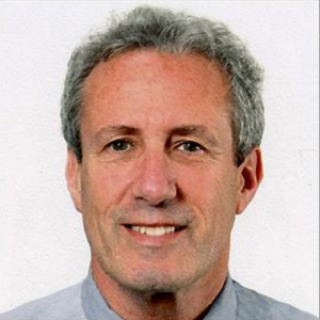The Great Pretender
April 21, 2017
I have yet to meet anyone whose childhood dream was to become an early education leader. Yet, we are fortunate to be surrounded by many fitting that description. Paths to this leadership role are as varied and unique as the people in such positions. Some consider the path one of happenstance, fate or LOS (last one standing); others, as the result of inspiration, aspiration and opportunity. Regardless of the road taken, responsibilities associated with being a leader are demanding with unpredictable, yet potentially impactful and fulfilling, rewards.
Leadership is recognized as a key element on all levels of early education, whether in a classroom, agency, organization, or in the community, and a great deal is invested in developing new leaders. The blend of personal traits, professional judgement, ability to inspire, and commitment cannot often be predicted or assured. Still, most people know a leader when they meet one.
Yet many effective leaders and aspiring leaders suffer from a condition known as the Impostor Syndrome (IS)–“a concept describing high-achieving individuals who are marked by an inability to internalize their accomplishments and a persistent fear of being exposed as a ‘fraud.’” IS can be seen in those who second guess every move, question their competence, and doubt their own credibility despite displaying strong leadership. IS can hinder such leaders from reaching their full potential.
There are a number of ways an early education leader can tame that “little IS voice” admonishing “You don’t belong here.” One strategy is engaging in reflective practice, hitting the pause button and taking care to separate fact from fiction. Think of it as formative assessment for the soul. Another strategy is enlisting the support of others who can offer honest, constructive feedback. As a coach for Fellows in the CEELO Leadership Academy, I encourage emerging leaders to form a personal Board of Directors who they can turn to for objective, sound feedback when inevitable symptoms of IS emerge. As with the CEELO Leadership Academy and similar programs, it is helpful for professionals to enroll in a program designed specifically to cultivate and nurture one’s growth in leadership within an early education context.
Sometimes it is necessary for leaders to “fake it ‘til you make it,” but it should not be a long-term strategy. Leadership always remains a work in progress, adapting to ever-changing contexts and relationships. Should you find yourself in a position of leadership, do what must be done and tame the Impostor Syndrome within. Our profession needs all the great leaders we can muster.
Dr. Squires, a senior research fellow at NIEER, conducts research on national early education policy and practices, focusing on prekindergarten through third grade with an emphasis on school readiness. His work at NIEER involves monitoring trends in early childhood policy, regulation, and funding across several target states; serving as a liaison to states to collect data for the annual State Preschool Yearbook; and providing technical assistance. He also serves on the leadership team for the Center on Enhancing Early Learning Outcomes (CEELO).
The Authors
About NIEER
The National Institute for Early Education Research (NIEER) at the Graduate School of Education, Rutgers University, New Brunswick, NJ, conducts and disseminates independent research and analysis to inform early childhood education policy.

